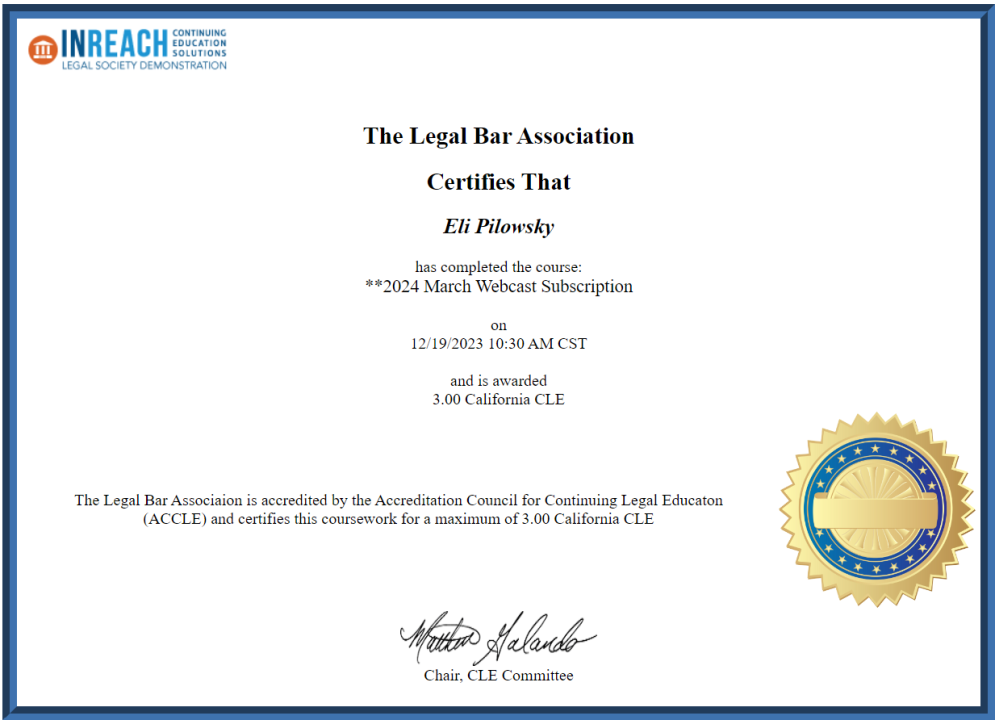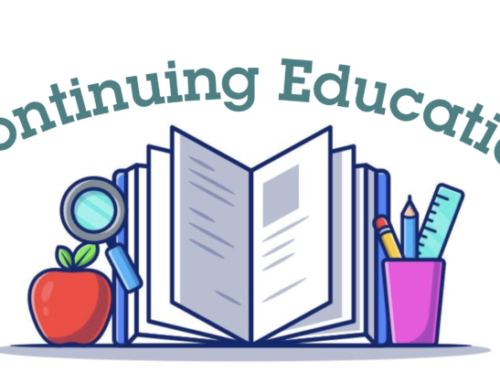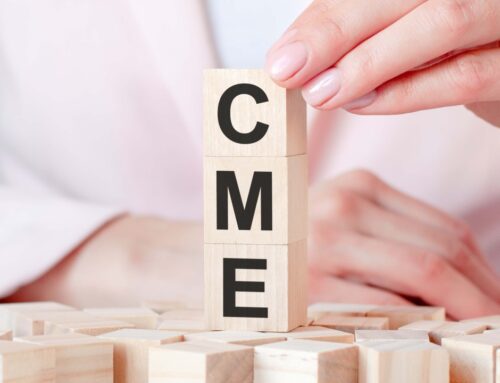In the dynamic landscape of Continuing Education, the pursuit of knowledge doesn’t end with attending a course—it extends to the verification of acquired skills and understanding.
Understanding Certification Methods
Certification Methods encompass a range of activities and assessments designed to ensure that learners not only attend courses but also actively engage with the material and retain the knowledge. These methods go beyond mere attendance, providing a more comprehensive evaluation of a participant’s grasp on the subject matter.
1. Attendance:
Attendance is the fundamental certification method that verifies a participant’s physical or virtual presence during a course. While attending a session is a crucial step, it’s only the beginning. InReach CE encourages active participation to truly maximize the learning experience.
2. Participation Codes:
Moving beyond attendance, Participation Codes offer a more nuanced approach to engagement. Participants are prompted to contribute actively during the course, fostering a dynamic learning environment. This method ensures that learners aren’t just passive observers but are actively involved in discussions and activities.
3. Pre-Test and Post-Test:
Pre-Test and Post-Test assessments serve as bookends to a learning experience. The Pre-Test evaluates the participant’s existing knowledge before the course, providing insights into their baseline understanding. Post-Test, on the other hand, gauges the knowledge acquired during the course. This method not only validates the effectiveness of the education provided but also aids in understanding the individual progress of each participant.
4. Retention Test:
Learning is a journey, and the retention of knowledge over time is a critical aspect of true comprehension. The Retention Test, a unique certification method, evaluates a participant’s ability to retain information over an extended period. It assesses the long-term impact of the course, ensuring that the knowledge acquired remains with the participant beyond the immediate learning environment.
5. Scheduled Evaluations:
To maintain a high standard of education, ongoing evaluations are essential. Scheduled Evaluations are periodic assessments that keep participants engaged and accountable. These evaluations can take various forms, including quizzes, discussions, or practical exercises, and they serve to reinforce key concepts while providing continuous feedback.
Mandatory vs. Optional Certification Methods
InReach CE recognizes that different learners have different needs, and as such, we offer both mandatory and optional Certification Methods. This flexibility allows for a personalized learning journey while ensuring a comprehensive understanding of the subject matter.
Mandatory Certification Methods:
Mandatory Certification Methods are essential components of the learning process. Participants must complete these methods to earn a course completion. This ensures that learners not only attend but actively engage with the material, contributing to a more meaningful and impactful learning experience.
Optional Certification Methods:
In contrast, Optional Certification Methods provide flexibility to participants. While these methods are available for those who wish to delve deeper into the subject matter, they are not mandatory for course completion. Learners can choose to skip optional methods, tailoring their educational journey to their specific needs and time constraints.
The InReach CE Advantage
At InReach CE, our commitment to providing a robust and flexible learning experience is reflected in our Certification Methods. We understand that education is not a one-size-fits-all endeavor, and our diverse range of methods ensures that participants can tailor their learning journey to suit their preferences and objectives.
Our platform’s user-friendly interface allows participants to seamlessly navigate through different Certification Methods, track their progress, and access the necessary resources to succeed. We prioritize the integration of innovative technologies and pedagogical approaches to enhance the effectiveness of each method, ensuring that participants are not only meeting requirements but are genuinely mastering the material.
In conclusion, Certification Methods are the linchpin of a successful Continuing Education program. They go beyond the traditional model of attendance, incorporating diverse assessments and activities to guarantee a comprehensive understanding of the subject matter. InReach CE’s commitment to providing a flexible and effective learning experience is evident in our Certification Methods, empowering participants to take control of their educational journey and emerge with a deep and lasting understanding of the material. Whether mandatory or optional, these methods contribute to the overarching goal of fostering continuous learning and professional development.






